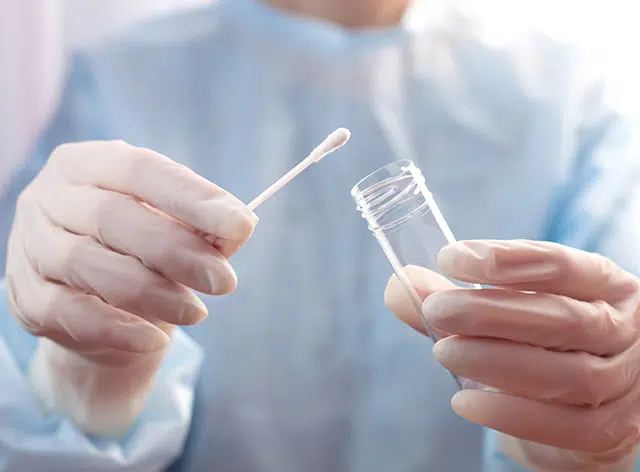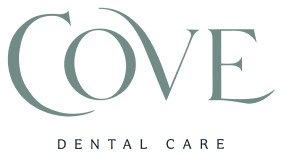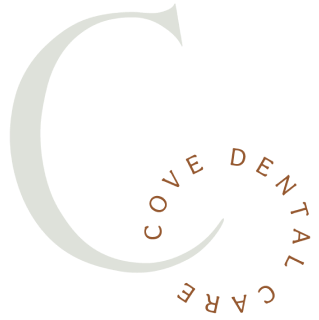105 Sheringham Dr Easley, SC 29642

Dental Bacteria Testing in Easley, SC
Bacteria testing methods encompass various approaches, such as:
Saliva Testing: Entails gathering a saliva sample and examining it in a lab to discern the types and quantities of bacteria within.
Plaque Testing: Includes obtaining a dental plaque sample from the teeth and scrutinizing it in a lab to determine the types and quantities of bacteria present.
DNA Testing: Utilizes DNA analysis methodologies to pinpoint particular types of bacteria existing in the oral cavity.
Microscopy: Entails utilizing a microscope to scrutinize samples of dental plaque for the existence of bacteria.
More About Oral Bacterial Testing
Oral bacterial testing, an emerging diagnostic tool in dentistry, provides valuable insights into the complex ecosystem of the oral cavity. Through the analysis of bacterial composition, it illuminates the interplay between microorganisms and oral health. By deciphering this intricate balance, dental professionals can craft personalized treatment and preventive plans. This exploration delves into the significance, process, and applications of oral bacterial testing, highlighting its transformative potential in oral healthcare.
Oral bacterial testing entails a thorough examination of the bacteria within a patient's oral cavity. The process typically commences with the collection of saliva or plaque samples, which are then dispatched to a laboratory for analysis. Employing advanced techniques like DNA sequencing, specialists identify the array of bacterial species present. These findings offer valuable insights into bacterial diversity and abundance, aiding dental practitioners in recognizing patterns associated with various oral health conditions.
With its multifaceted applications, oral bacterial testing revolutionizes clinical dentistry. It facilitates tailored treatment strategies by pinpointing the specific bacteria responsible for a patient's oral health issues, thereby enhancing treatment efficacy. Furthermore, it aids in assessing an individual's susceptibility to dental problems, guiding preventive measures and promoting proactive oral hygiene practices. Regular bacterial testing allows for the monitoring of changes in the oral microbiome over time, enabling the evaluation of treatment effectiveness and adjustments as necessary.
Moreover, by identifying imbalances in the oral microbiome before symptoms arise, early interventions may prevent the progression of dental diseases. Growing evidence suggests a correlation between oral health and overall well-being, prompting exploration into systemic conditions influenced by oral microbiome disruptions. Thus, oral bacterial testing holds promise in providing insights into broader health implications influenced by oral microbial imbalances.
While oral bacterial testing presents promising prospects, it also presents challenges. Deciphering the extensive microbial data demands specialized expertise. Moreover, establishing a cause-and-effect relationship between specific bacteria and oral diseases proves intricate due to the dynamic nature of the oral microbiome.
The process of bacterial testing entails gathering personal biological information. Preserving patient confidentiality and securing informed consent stand as critical concerns. Dental practitioners must adhere to ethical standards and elucidate to patients the purpose and potential advantages of the testing.
Despite these hurdles, oral bacterial testing harbors the potential for groundbreaking advancements in dentistry. With advancing technology, testing methods may become more accessible and cost-effective. The integration of bacterial analysis with other diagnostic modalities could foster a comprehensive comprehension of oral health.
Oral bacterial testing unveils the complexity of the oral microbiome, offering potential to transform dental care profoundly. By unraveling the influence of bacterial species on oral health and disease, dental experts can customize treatments, evaluate risks, and bolster preventive measures. As this discipline progresses, incorporating bacterial testing into standard dental protocols may usher in a new era of personalized and impactful oral healthcare.

